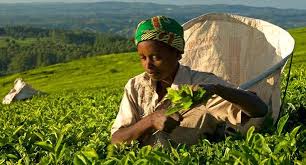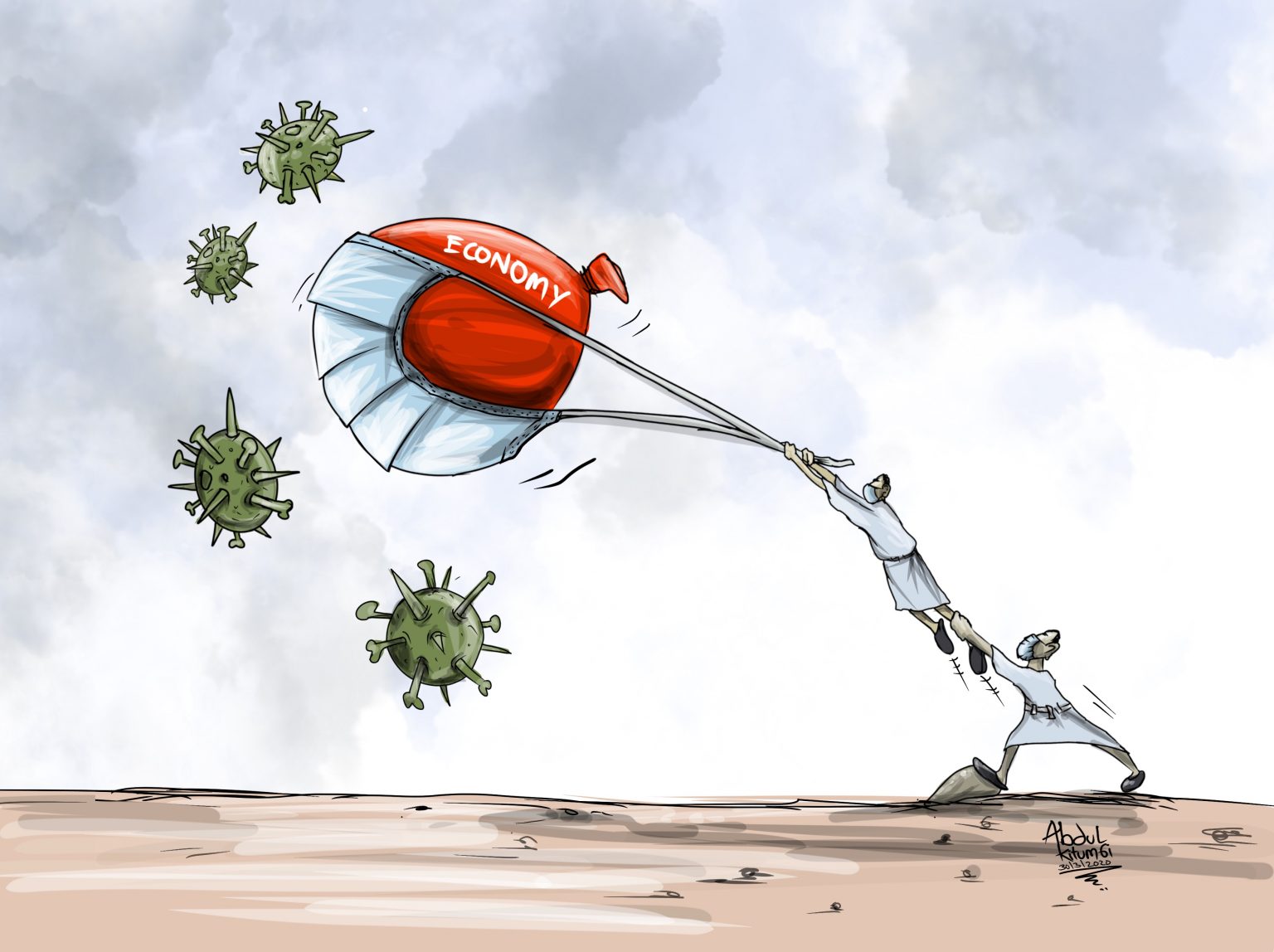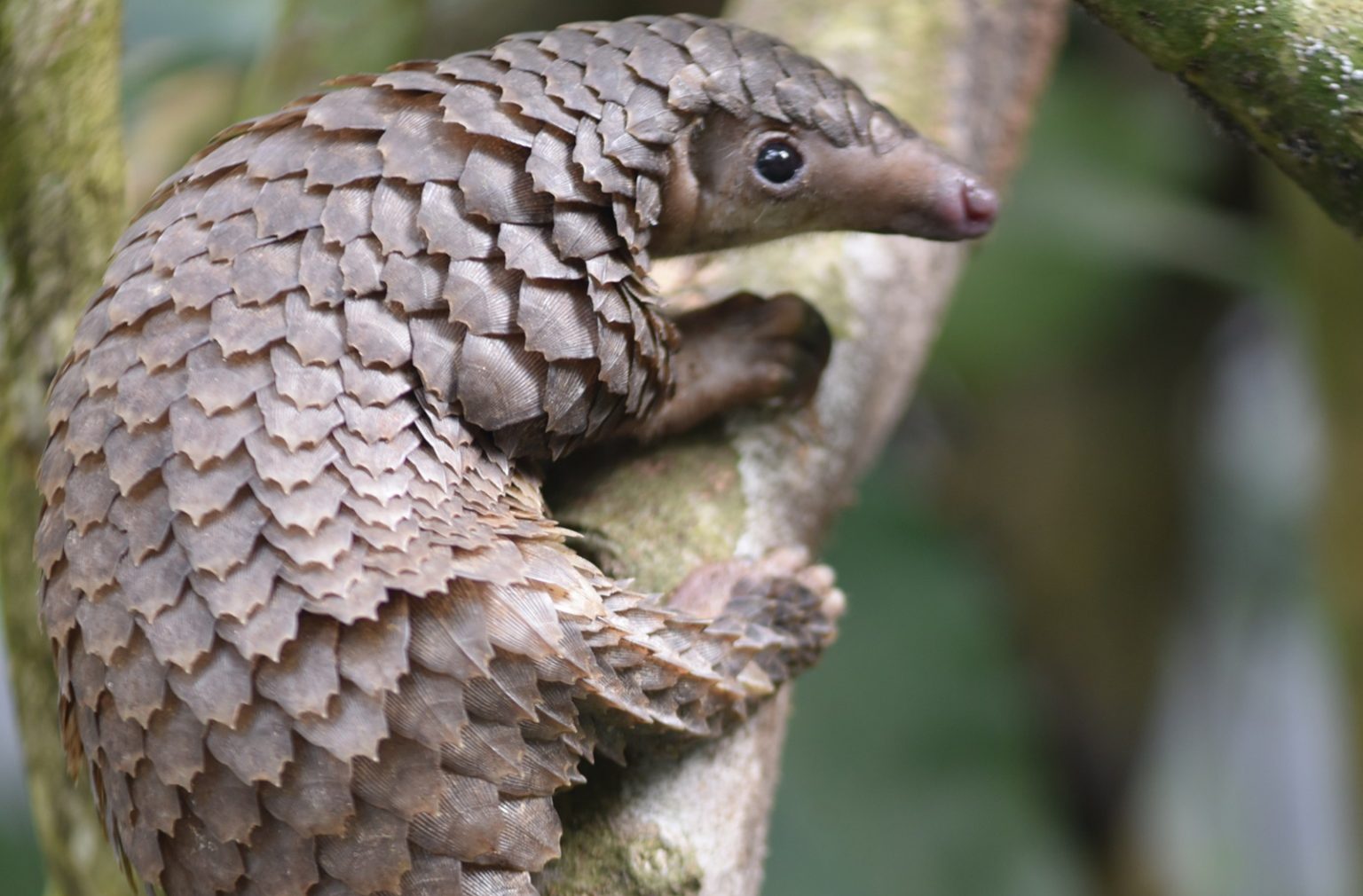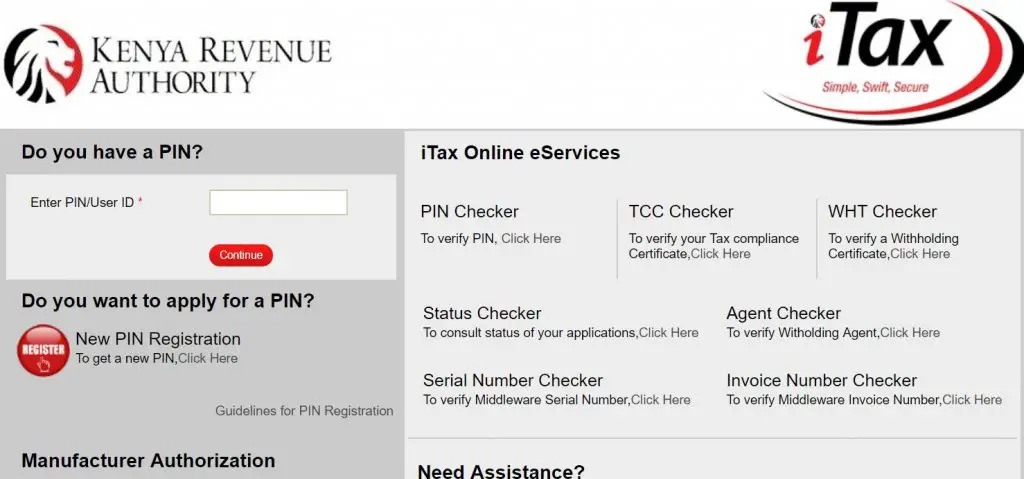- Youth Unemployment in Kenya: The Role of Vocational Training
- New $900,000 initiative aims to boost sustainable trade in Tanzania
- Organization of the Petroleum Exporting Countries’ (OPEC) pride in its African roots
- AIM Global Foundation pushes for stronger Gulf-Africa trade partnerships
- Investment opportunities in South Sudan’s emerging gold industry
- Family planning drive in Kenya gets 450,000 self-injectable contraceptive doses from UK
- AfDB commits $2 billion to revolutionise clean cooking in Africa, save forests
- The harsh realities of family laws for African women revealed
Author: Kimani Chege
If there is anything that has put Kenya on the global map, then it is her teas. While the country has been forced to compete with Ethiopia and Uganda for crown coffee, South Africa and Tanzania for game safaris and Rwanda and Nigeria for ICT start-ups, it has easily overcome competition for its black tea.
During the year 2019, a total of 497 million kilograms of tea were exported, 23 million kilograms higher than the 474 million kilograms exported in 2018. During the period, the tea sector contributed Ksh117 billion exports and Ksh22 billion in local sales towards the country’s GDP. Kenyan tea competes with tourism, diaspora remittance and horticulture as the highest foreign exchange earner.
The sector also supports the livelihood of over five million Kenyans with approximately 70% of tea production in the country undertaken by small scale tea farmers.
However, the black gold has been on a …
When restrictions of movements were announced by different countries due to the Coronavirus pandemic, many people with perennial need of non-COVID-19 medication felt disenfranchised. Also, the fear of receiving non-certified medicine and other medical supplies has increased over this period.
In Kenya, the ministry of health has sent a warning to Kenyans to be wary of fake medical materials including recycled masks and non-effective sanitizers which they feel are putting the citizens under great risk. Estimates from World Health Organisation (WHO) show that about 274 deaths occur every day in Africa as a result of fake medication.
To continue offering quality medicine in this period, the only registered e-pharmacy in Kenya, MYDAWA has been aiding in the delivery of quality medicine in times of restricted movement. As the world battles with the Coronavirus (COVID-19) pandemic, one company is applying the use of technology to get essential medication and health supplies …
Kenyan based Digital banking platform Kwara has announced the launch of its Kwara Pronto digital banking platform which is planned to help SACCOs at risk of disruption from the Coronavirus pandemic (COVID-19) to quickly go digital, remain in operation and continue serving members.
The platform will be offered free for 3 months and will be available for the first 50 SACCOs who qualify.
Due to government-enforced restrictions on movement and social distancing measures during COVID-19, SACCOs are unable to operate at full capacity. As a result, members face challenges applying for loans, transacting and accessing their funds.
Kwara is offering access to an essential version of its core digital banking platform, which will enable SACCOs who qualify to quickly onboard and bring their operations online, at no cost, for the next 3 months. This is an effort to enable SACCOs and their members to keep transacting while observing social distancing.…
Central Bank of Kenya has cracked the whip against the Absa Bank in Kenya for failure to conduct proper tracing of the source of money in a flagged transaction in March 2020. Consequently, the regulator has slapped the bank with a week- from Thursday, April 9 to Wednesday, April 15, 2020- suspension from trading in forex.
In a statement, CBK notes that this failure contravenes anti-money laundering regulations which stipulates adherence to the proper tracing of funds passing through the bank.
A statement by CBK reads, “In investigating these and other earlier transactions it is evident that Absa Kenya did not have a satisfactory assurance of the underlying commercial transactions supporting these trades, as is required, nor did the bank ensure the standard checks on anti-money laundering and combating the financing of terrorism (AML/CFT) and know-your-customer (KYC) requirements were applied.”
Kenya has been keen to contain the flow of illicit …
As the initial cases of Coronavirus were bubbling under in China, a special event was happening in a Nairobi hotel. Safaricom, the biggest telco is the East African region was signing a deal that would allow South Korean telco Korean Telcom (KT) to introduce an epidemiological tracing technology in Kenya.
The two entities joined together with the Ministry of Health to launch disease surveillance and awareness project that will enhance the country’s epidemic preparedness and control. Safiri Smart is part of Korea Telecom’s Global Epidemic Prevention Project and is aimed at helping the Ministry of Health prevent the transmission of infectious diseases such as Ebola from entering Kenya.
“This solution will see Safaricom subscribers who opt into the service receive important information about any epidemics that have broken out at their travel destination including prevention, measures, and symptoms. Such partnerships that help keep our communities safe are crucial in our …
During the 2014-2015 Ebola outbreak in West Africa the disease brought the economies of the region to its knees. The overall impact of the Ebola crisis on Guinea, Liberia, and Sierra Leone was estimated by the World Bank to have hit $2.8 billion ($600 million for Guinea, $300 million for Liberia, and $1.9 billion for Sierra Leone). This included the shocks in 2014 and 2015, and 2016 as the economic impact is outlasting the epidemiological impact.
The economies of the region remained in recession for a while and the countries are still showing signs of human capital loss as well as economic stagnation. Liberia lost 8% of its doctors, nurses, and midwives to Ebola. Sierra Leone and Guinea lost 7% and 1% of their healthcare workers, respectively.
The United States, the United Kingdom, and Germany were the top donors to the international Ebola response, donating more than $3.611 billion (US$) …
The economies of the East African region have for a long time recorded impressive growths among other African peers. They have been expanding at an average rate of 6.3 percent, with that of Rwanda expected to lead at eight percent from 7.8 percent. This growth, however, is facing one of its biggest challenges with the emergence of the Novel Coronavirus, scientifically referred to as COVID-19 as well as local challenges including political processes and the recent locust invasion. These effects are likely to cut down on any projected growth and gains made over the years. Kenya, the largest economy in the region, will most likely be hit hard with the halting of international flights and tourism. The bourse has already recorded a bear run, similar to other markets in the region. Burundi and Tanzania are preparing for elections, Kenya is seeking constitutional changes and Uganda is looking for ways to …
In anticipation of an extreme business environment brought about by the Coronavirus, various players in the African region are rolling out rescue plans for businesses. Economists have voiced their concerns of an extremely difficult economic situation and have urged players to brace for a rough 2020.
Heeding such calls is EquaLife Capital, the East African based fund managers which has announced plans to roll out a $20MM Africa Venture Debt Relief Fund by April 15th for venture businesses starting with a preliminary focus on the East African region.
“The Relief Fund is created and structured by entrepreneurs for entrepreneurs as we understand the need to act quickly to ensure businesses can survive, and then thrive again, minimizing impact and economic development opportunity lost to unforeseen business cycle pressures,” a statement calling for international venture capitalist read.
“The Relief Fund will provide short-term debt on concessional venture debt terms by utilizing …
The COVID-19 has ravaged the world changing the lives of millions and devastating economies across
the world. With actual infections reaching over half a million people, the focus has now shifted to the
role trade in wildlife contributes to such epidemics.
Just like COVID-19, other previous emergencies in the world can be directly traced to wildlife trade.
From HIV, to Ebola, Rift Valley fever, SARS, pandemic influenza H1N1 2009, yellow fever, avian influenza
(H5N1) and (H7N9), West Nile virus and the Middle East respiratory syndrome coronavirus (MERS-CoV)
reported in the recent past.
World Health Organization (WHO) estimates that globally, about one billion cases of illnesses and
millions of deaths occur every year from zoonosis.
Some 60% of emerging infectious diseases that are
reported globally are zoonosis.
Over 30 new human pathogens have been detected in the last three
decades, 75% of which have originated in animals.
Zoonotic diseases are as …
Digital initiatives intending to streamline tax procedures instituted by the Kenya Revenue Authority (KRA) in 2019 have opened up the door for bad actors to stop the legal transfers of properties held in collateral.
KRA reintroduced in 2014 a 5% tax on the gains achieved when selling land, building or investment shares. It further enhanced the payment of this tax through its online portal i-Tax under the watchful eye of KRA agents to allow or deny exemptions. This, however, has brought chaos and a loophole for unscrupulous players to cheat the system.
Prior to this online system change, buyers and sellers both had the option to pay relevant capital gains tax to KRA, but now the new system restricts the payment of capital gains tax to sellers only.
This means that any individual or business who has a property, including land, buildings, or any appreciating asset that would be subject …














